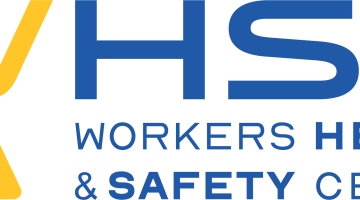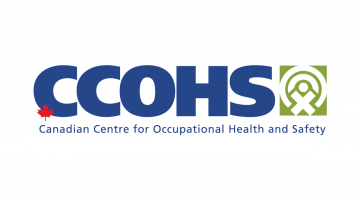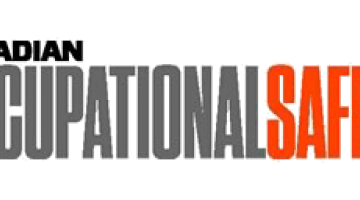Work precarity and vulnerability
“Precarious” is a word often used to describe work that is characterized by low pay, low job security and little protection. “Vulnerable” is a word often used in the health and safety world to describe those who are at an increased risk of work injury or disease. At the Institute for Work & Health (IWH), an evidence-based framework has been developed that defines OHS vulnerability as being exposed to hazards without having adequate protection. This page pulls together research on OHS vulnerability and work precarity.
Featured

Research Highlights
Death rates are higher for workers in precarious and lower quality jobs
Death rates are higher for workers in lower-quality jobs. That’s according to an IWH study that explored whether job quality was linked to rates of death.
Published: November 12, 2025

IWH in the media
When job quality drops, death rates rise: new Canadian study
A new IWH study reinforces the importance of examining the health effects of job quality. It also underscores the need to look beyond the standard-versus-precarious-job binary and explore the other types of job quality in between.
Published: Workers Health & Safety Centre, December 2025
Journal article
Journal article
Calling it like they see it? Young adults' discourses of employment and labour market inequalities
Published: Equality, Diversity and Inclusion, December 2025

Research Highlights
Death rates are higher for workers in precarious and lower quality jobs
Death rates are higher for workers in lower-quality jobs. That’s according to an IWH study that explored whether job quality was linked to rates of death. It analyzed workers’ risk of dying over a 13-year period—comparing not just workers in standard and precarious jobs but those in other types of job quality in between.
Published: November 2025
Journal article
Journal article
Promoting job quality and career advancement among persons with disabilities during critical career transitions: a scoping review of published evidence
Published: Journal of Occupational Rehabilitation, October 2025
Journal article
Journal article
Employment quality and mortality in Canada
Published: Journal of Epidemiology & Community Health, October 2025

IWH in the media
The link between job quality and "deaths of despair"
In recent years, Canada has seen troubling increases in what researchers call “deaths of despair,” fatalities caused by suicide, drug poisoning, and alcohol use. An ongoing study from the Institute for Work and Health (IWH) explores the connection between these deaths and job quality. To date, the findings have revealed that workers in low-quality, unstable work situations face much higher risks of dying from these causes than those in well-paid, stable jobs.
Published: Canadian Centre for Occupational Health and Safety , September 2025
Journal article
Journal article
Parental employment quality during childhood and mental health in adolescence: a 10-year longitudinal study
Published: Social Science & Medicine, August 2025
Project
Project
Job quality before and after work injury
This project will examine the job quality of injured workers in Canada. Its overarching goal is to provide a comprehensive and dynamic portrait of working life before and after work injury.
Status: Ongoing

IWH in the media
Canadian study links job quality to 'deaths of despair’
Compared to those in standard employment, workers in precarious jobs are more than three times as likely to die from drug poisoning and nearly twice as likely to die from alcohol-related causes. The risk of suicide is also markedly higher—2.4 times greater for women and 1.7 times greater for men in precarious work, reports Shane Mercer, based on a webinar presentation by IWH associate scientist Dr. Faraz Vahid Shahidi. The findings challenge the notion that having any job is enough to safeguard health, instead pointing to job quality as a critical, and often overlooked, determinant of life expectancy.
Published: Canadian Occupational Safety, April 2025
IWH Speaker Series
IWH Speaker Series
Good jobs, bad jobs, and ‘deaths of despair’
Life expectancy is stalling in Canada and other high-income countries. These trends are partly due to rising “deaths of despair,” a term that some researchers use to describe suicide, drug poisoning, and alcohol-related mortality. In this presentation, Dr. Faraz Vahid Shahidi examines the link between job quality—whether one has a “good” or “bad” job—and deaths of despair in the Canadian workforce. He asks whether people in precarious employment, which is insecure and unrewarding, are more likely to suffer an early death due to suicide, drug poisoning, or alcohol-related causes. He also discusses the role job quality can play in improving population health and stemming the rise of deaths of despair.
Published: April 2025
